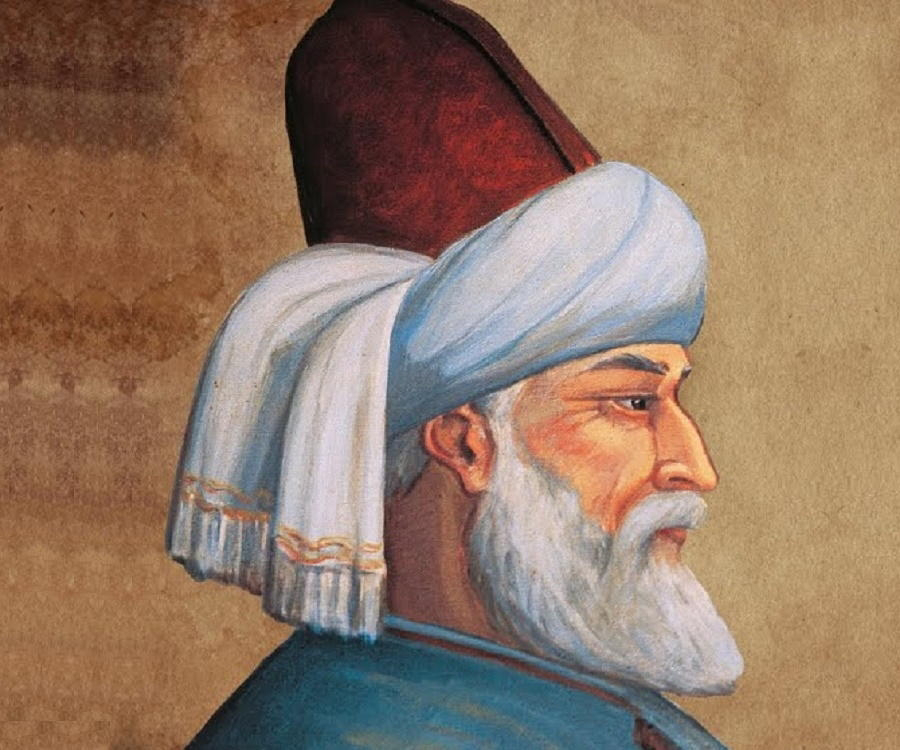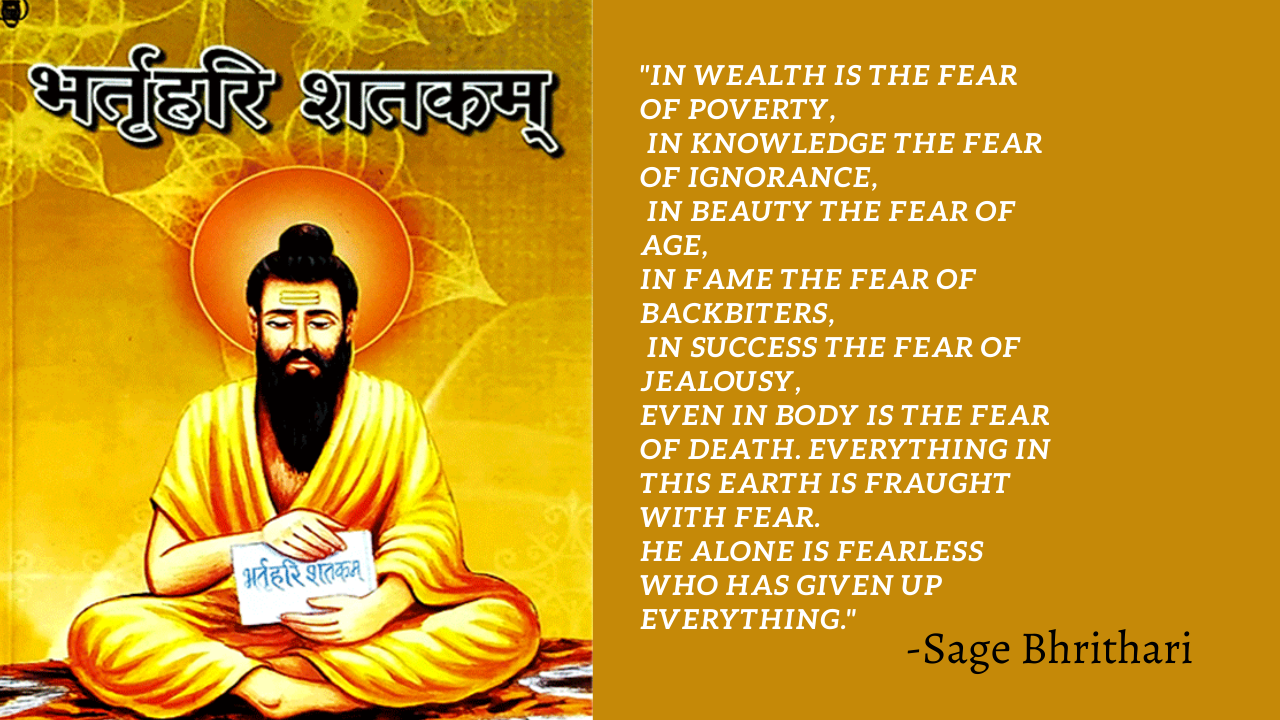Rumi, The Persian Poet and Mystic - Lesser known Legend of History
Although poetry has been immensely popular in Persia (and today’s Iran) for over a thousand years (or in forms much earlier), what we commonly refer to as the Persian classical poetry movement lasted about 400 years (about 1000-1400 CE) and produced many great poets. However, only three of which are globally recognized: Rumi, Hafez and Omar Khayyam.
It's impossible today to imagine how popular poetry was at the time of Rumi. It was the pop music of its time. The only massively popular art form really. Since local singers would put to music the verses of popular poets, their poems were both recited and sung all day and all night long.
History remembers tyrants, prophets and poets. (Famous sculptors and painters didn't emerge until 200 years after Rumi, during the Italian Renaissance.) Tyrants were kings and rulers with distinct bloodlines or bloodthirsty military types who took lands by force. And the world only has a handful of popular prophets. So those two positions were near impossible to attain for highly gifted and charismatic individuals like Rumi. But to become a grandmaster poet, if you had the poetic chops, was a wide-open field.
Rumi, the 13th century Persian poet, has been called the greatest mystical poet of all time. During the last 25 years of his life, Rumi composed over 70,000 verses of poetry collected in 2 distinct volumes. Poetry focusing on varied and diverse topics. His work covers deeply philosophical and mystical, with poems of fiery soulful expression to passionate love verses filled with yearning and desire in volume 1. And in his second volume, which is his populist work, he switches to a work filled with anecdotes, life lessons, moral stories, stories from all three Abrahamic religions, popular topics of the day and even satirical tales.
His work has an all-embracing universality. A call from an independent soul yearning for true freedom from dogma and hypocrisy.
Rumi also writes about the abolishment of the established fear-based religious orders of the world. For Rumi fear-based religion is poison and his remedy is love-based doctrine--a life journey free of guilt, fear and shame.
Rumi is an exciting literary and philosophical force. Rumi deals with the human condition and that is always relevant. Rumi is able to verbalize the highly intimate and often confusing world of personal growth and soul evolution in a very clear and direct fashion. He does not offend anyone and he includes everyone. The world of Rumi is neither exclusively the world of a Sufi, nor the world of a Hindu, nor a Jew, nor a Christian. It is a state of an evolved human. A human who is not bound by cultural limitations. A gifted person who touches every one of us. Today Rumi's poems can be heard in churches, synagogues, Zen monasteries, as well as in art/performance/music scene.
I follow quite a few philosophy pages on Instagram and very often come across Rumi's golden words of wisdom. Therefore today I decided to research deeply on his life and works. To contrast him in plain words, I can say that he is of the level of Kabir or Rahim.
Rumi's life story is full of intrigue and high drama mixed with intense creative outbursts. Rumi was a charming, wealthy nobleman, a genius theologian, law professor and a brilliant but sober scholar, who in his late thirties met a wandering and wild holy man by the name of Shams-e Tabrizi. In Rumi's own words, after meeting Shams he was transformed from a bookish, sober scholar to an impassioned seeker of universal truth and love.
Rumi and Shams stayed together for a short time, about 2 years in total, but the impact of their meeting left an everlasting impression on Rumi and his work.
I was really taken aback when I went through his religious beliefs, thoughts on human life etc. which gets reflected from his poetry. His wisdom and thought process is strikingly similar to India's Advaita Vedanta philosophy. His approach to life and the human condition very much resembles Vivekananda's bold ideas. For example, see few of his poetic compositions -
"Why should I seek? I am the same as
He. His essence speaks through me.
I have been looking for myself!"
"The Light of Muhammad does not abandon a Zoroastrian or Jew in the world. May the shade of his good fortune shine upon everyone! He brings all of those who are led astray into the Way out of the desert."
"Come, come, whoever you are,
Wanderer, idolater, worshiper of fire,
Come even though you have broken your vows a thousand times,
Come, and come yet again.
Ours is not a caravan of despair"
Like other mystic and Sufi poets of Persian literature, Rumi's poetry speaks of love which infuses the world. Rumi's teachings also express the tenets summarized in the Quranic verse which Shams-e Tabrizi, cited as the essence of prophetic guidance: "Know that ‘There is no god but He,’ and ask forgiveness for your sin" (Q. 47:19). In the interpretation attributed to Shams, the first part of the verse commands the humanity to seek knowledge of tawhid (oneness of God), while the second instructs them to negate their own existence. In Rumi's terms, tawhid is lived most fully through love, with the connection being made explicit in his verse that describes love as "that flame which, when it blazes up, burns away everything except the Everlasting Beloved." Rumi's longing and desire to attain this ideal is evident in the following poem from his book the Masnavi:
"I died to the mineral state and became a plant,
I died to the vegetal state and reached animality,
I died to the animal state and became a man,
Then what should I fear? I have never become less from dying.
At the next charge (forward) I will die to human nature,
So that I may lift up (my) head and wings (and soar) among the angels,
And I must (also) jump from the river of (the state of) the angel,
Everything perishes except His Face,
Once again I will become sacrificed from (the state of) the angel,
I will become that which cannot come into the imagination,
Then I will become non-existent; non-existence says to me (in tones) like an organ,
Truly, to Him is our return."
Rumi believed passionately in the use of music, poetry and dance as a path for reaching God. For Rumi, music helped devotees to focus their whole being on the divine and to do this so intensely that the soul was both destroyed and resurrected. It was from these ideas that the practice of whirling Dervishes developed into a ritual form.
Who is the real Rumi? Was he a progressive thinker? Or a spiritual mystic? A scholar? The answer is all of the above. Read his following tit-bits of literature and try to comrehend this amazing mind.
"Stop acting so small. You are the universe in an ecstatic motion."
“This place is a dream. Only a sleeper considers it real. Then death comes like dawn, and you wake up laughing at what you thought was your grief.”
"Everyone has been made for some particular work, and the desire for that work has been put in every heart.”
“I am so close, I may look distant.
So completely mixed with you, I may look separate.
So out in the open, I appear hidden.
So silent, because I am constantly talking with you.”
“Your task is not to seek for love, but merely to seek and find all the barriers within yourself that you have built against it.”
“Silence is the language of god, all else is poor translation.”
“Peaceful is the one who’s not concerned with having more or less.
Unbound by name and fame, he is free from sorrow from the world and mostly from himself.”
“Seek the wisdom that will untie your knot. Seek the path that demands your whole being.”
“Yesterday I was clever, so I wanted to change the world. Today I am wise, so I am changing myself.”
“The wound is the place where the Light enters you.”
Rumi was a universal soul appearing as a Persian mystic poet, with an incredibly brilliant mind, who lived by his own code!
Thanks,
Daksh Parekh.










Comments
Post a Comment